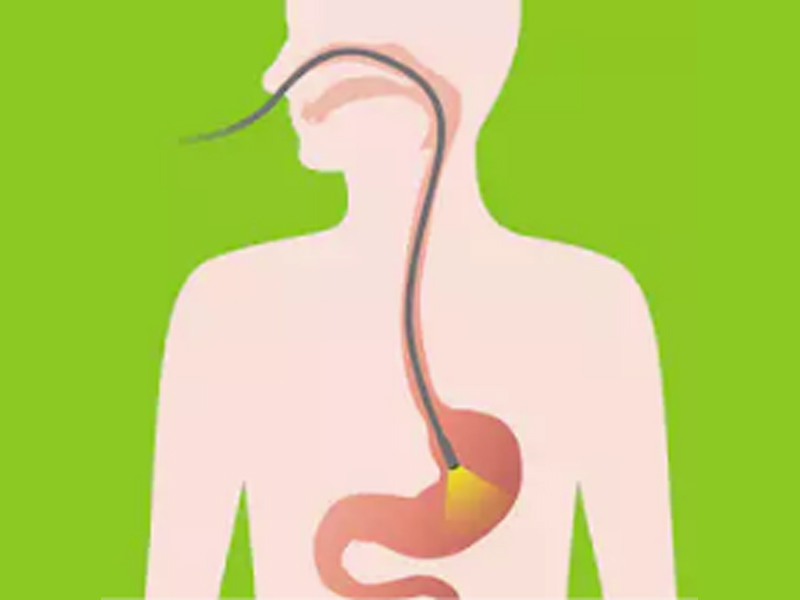
Through this procedure, health complications that include peptic ulcers GERD or any form of blockage in the gastrointestinal system can be detected. There are a few things you should know about Gastroscopy. If you follow the steps given below, then you will be more relaxed before, during, and after the procedure. This speeds up the recovery process
Here are 5 steps to efficiently prepare for a gastroscopy procedure:
- Medical conditions review
You should disclose important information pertaining to your health to the endoscopy specialist. The doctor should be informed about existing medical conditions including terminal illnesses. If you are pregnant, you should let the doctor know. There are precautions to be taken when a patient has such health conditions.
- Understand the procedure
Before undergoing the procedure, the endoscopy specialist should brief the patient and members of the family on the procedure and its importance. It is important to let the patient know of complications that may happen and any risks so that they are psychologically prepared. Tearing, bleeding and aspiration may occur. But this usually happens if the patient fails to follow the doctor’s instructions.
- Allergic reactions and medications
If you are currently under any medication, you should inform the doctor. Using certain drugs may lead to increased bleeding during endoscopy. If you have any allergies, you should inform the doctor. These two factors can cause complications if not monitored well. By informing your endoscopy specialist of these two factors, they can recommend the best sedatives, and medication to use before and after the procedure.
- Patient preparation
This step determines the rate of success and smooth procedure. You should avoid meals within the duration that the specialist has given. Your family should arrange for your ride to and from the hospital. You should avoid anxiety. All the paperwork should be done prior to the day of the procedure. Any forms that need to be signed should be signed by your family members.
- Recovery preparation
After this procedure, your reaction and judgment may be impaired. You should stay with a family member or a friend for support. Remember to visit the doctor for reviews. Before being discharged, you should get information regarding any side effects to expect, and when to see a doctor. Vomiting, difficulty in breathing, and fever after the procedure are possible side effects. Doctors medical attention should be sort immediately if you experience such complications. Such information should be shared with family members and friends who will be monitoring your recovery at home.
Do not forget to involve your friends and family when the results are delivered. Your doctor will have prepared you psychologically on the results to avoid too much anxiety. If you are on sedatives, most doctors will wait for a while to discuss the results. This is mainly because you are not in a stable mental condition, and your reaction may be influenced by the side effects.
Comments
comments